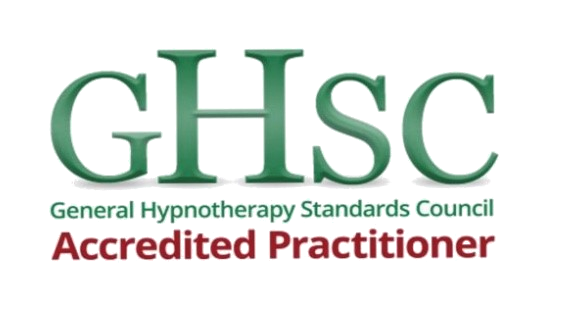CBT Treatment For Claustrophobia - London, UK-wide and Online Via Video Link
We provide CBT treatment for Claustrophobia from our offices in London. You can also organise Cognitive Behavioural Therapy for Claustrophobia from one of our 180 satellite locations across the UK or online via video link. Cognitive Behavioural Therapy is the NICE approved treatment for claustrophobia and is widely supported by the leading UK psychological and medical bodies.
What Is Claustrophobia?
Claustrophobia is an intense fear of enclosed or confined spaces in which the individual feels trapped or unable to escape. This can trigger intense anxiety, panic symptoms, feelings of depersonalisation and racing thoughts about being trapped or losing control. Sufferers attempt to manage the problem by avoiding situations such as lifts, tunnels, crouded places and public transport. The problem is, that whilst this helps to avoid the anxiety symptoms, it reinforces the underlying fear and places significant limits on the individual's freedom and life choices.
Claustrophobia is a relatively common problem, affecting up to 10% of the general population and causing significant disruption and distress in the conduct of daily life. Like all phobias, Claustrophobia is a learnt automatic anxiety response, which can be overlearnt by completing a structured programme of Cognitive Behavioural Therapy (CBT). We recommend that individuals experiencing Claustrophobia symptoms only work with fully qualified and BABCP accredited CBT experts. To find out more about our CBT specialists in your area, you can visit our team page here.
How Claustrophobia is Maintained
The specific characteristics of Claustrophobia are usually linked to a fear of restriction and a fear of suffication. These fears are learnt behavioural responses and can result in panic attacks in which the individual is unable to focus on nothing other than escaping from the situation. In turn, this leads to avoidance behaviours and a gradual increase in the frequency and intensity of the problem. {slider Read More|closed}
Claustrophobia sufferers can be triggered in a variety of situations including; unfamiliar buildings, packed spaces or events, lifts, revolving doors, cars with central locking, public toilets, tunnels, public transport and aeroplanes.
When panic sensations are triggered in one of these situations, the sufferer experiences intense irrational fears of not being able to escape, fainting, losing control, embarrassing themselves and even death. Those suffering from claustrophobia might find it difficult to breathe, experience heart palpitations, light headedness, Norcia, sweating, shaking or dizziness.
Once the individual has experienced a significant anxiety or panic attack brought on by the claustrophobic situation, this triggers a vicious cycle of anticipated fear, avoidance and an assumed inability to cope. Claustrophobia sufferers develop elaborate and subtle ways of avoiding restrictive or enclosed situations and this gradually limits daily responsibilities, tasks and choices.
{/sliders}
The Causes of Claustrophobia
The precise causes of claustrophobia can vary and often include childhood trauma such as bullying, abuse or memories of being trapped in a confined situation. Learned behaviours from a parent or close family member with Claustrophobia is also a common causal factor. Research has also shown that personality factors, neurological mechanisms and chemical processes in the brain can also provide predisposing factors for Claustrophobia. These factors can sometimes remain dormant until triggered by a particular event such as being stuck on a tube train or experiencing severe turbulence on a flight.
How Claustrophobia is Treated
The research evidence demonstrates that Claustrophobia can be effectively treated using Cognitive Behavioural Therapy as a first line treatment. NICE recommend CBT for Claustrophobia over other forms of counselling or talking therapy. The Therapy involves the following key approaches:
- Psychoeducation on the factors that maintain the problem.
- Systematic Desensitisation using a carefully designed process of rehearsed and graded exposure to the feared situations.
- Experimenting with and learning new behavioural coping strategies.
- Changing or altering the relationship with negative thinking patterns, rules and beliefs that maintain the Claustrophobia.
As Claustrophobia can be rooted in early experience and trauma, we sometimes augment established Cognitive Behavioural Therapy techniques with a process known as Eye Movement Desensitisation and Reprocessing or EMDR. Clinical hypnotherapy has also been shown to be helpful for a smaller percentage of people experiencing Claustrophobia. These additional evidence based psychological techniques are only used where this is helpful to the client and can accelerate rapid recovery.
Cognitive Behavioural Therapy for Claustrophobia should be delivered by a properly qualified and experienced CBT specialist. Working with the right therapist can deliver fast and clinically effective results. Do not let claustrophobia set limits. In your life. Call +44 1732 808626, complete contact form on this page or email our friendly office team via appointments@thinkcbt.com
























































































































